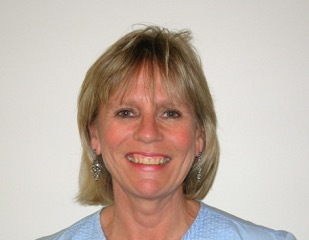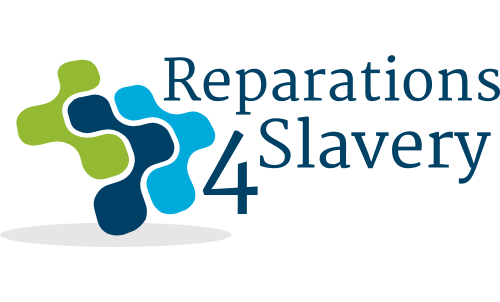Interview with Holly Fulton

R4S: Holly, could you describe your family’s background?
HF: I grew up as the youngest of eight kids in a well-to-do family in Providence, Rhode Island. Every summer we went to Bristol, Rhode Island and lived in paradise on the bay. My father was a well-known doctor, chief of Medicine at Rhode Island Hospital. My mother came from a wealthy family, the DeWolf family, and, as an only child inherited a great deal of money from her parents. We were raised with a lot of privilege: excellent educations at private schools, music and dance lessons, doing things like horseback riding and tennis. I was able to study French and live overseas a few times.
R4S: How did you find out that your family had a background of enslavement?
HF: I remember a cousin telling me that my ancestors were very involved in slave trading. This is embarrassing, but my initial reaction was “Ooh, that's a bummer.” That was about it. It’s shocking now to look back at my initial response, but it wasn’t until later in life that I decided I needed to know more about my family history.
R4S: Did issues of racism arise in your family?
HF: Well, for one thing, my parents brought us up to believe that we were better than others. The message was that being wealthy and white was wonderful. There was never any strong use of racist language; racism was expressed in subtle ways. But I do recall an incident in college that was deeply embarrassing. I was in France for a semester abroad and my parents came to visit me. I had a very good white friend with me. She was from Atlanta and she asked my father, “Dr. Fulton, what do you think of Brown University these days?” My father had gone to Brown. He winced and said, “There are too many negroes there.” I was mortified; I wanted to just dissolve between the floorboards. My friend had a lot of Black friends. So, at some level I knew that my family was racist. Ultimately, I’m of the opinion that all white people in this country are racist; we’re conditioned to be racist through our upbringing, our education, our training. Unwinding these beliefs takes a conscious effort, it takes serious commitment.
R4S: How did you become involved in racial justice work? What was the turning point?
HF: I took a workshop in 1999, called Undoing Racism. It pulled the rug right out from under my white privileged butt. For the first time, I looked at what it meant to be white: my upbringing, my conditioning. I learned about how systemic racism and white supremacy work. It was truly eye-opening.
Then, when my cousin Katrina Browne called me and told me she wanted to make a documentary film about our slave trading ancestors, that was it. That was the beginning of the enormous journey I took to make the film Traces of the Trade with my sister and eight cousins. Retracing the DeWolf family’s slave trade triangle with the film crew changed my life forever.
Once the film came out, I started to facilitate racial justice discussions and talkbacks after screenings. I’ve been doing that ever since.
R4S: How did your views morph during filming as you learned about your family’s history and the impact to enslaved Africans?
HF: I started to look at my family’s history very differently. For one thing, the childhood visits every summer to the ancestral home in Bristol lost their shine. The town of Bristol, Rhode Island is gorgeous. As I said earlier, it's paradise. I grew up there and I loved it, absolutely loved it. But when I discovered that these ancestors of mine, not one, not two, but three generations of them, ran their slave trading business there…well, coming back to Bristol became very, very painful, confusing. I didn't know how to reconcile the truth I was learning with the conditioning I received from my family. I was trained to respect my ancestors and view all the advantages we had as wonderful. It’s 18 years later and I'm still working on reconciling my family conditioning with the truth of what I’ve learned. It's ugly. It’s unpleasant. But the most important thing we can do as white people is to tell the truth.
R4S: How has Traces of the Trade and the racial justice talkbacks you give affected people's lives?
HF: There’s so much more going on around racial justice now, largely because of our current political environment. White people are ready for these conversations. Over the years, the main response I’ve received has been gratitude. Gratitude from African Americans that I am willing to confront this truth in a very personal way. And gratitude from white people as well, who now have the courage to investigate their own family history. I had one woman wrap her arms around me and start sobbing; she said, “My grandfather was a grand wizard in the KKK; we have to start doing something about that in my family.”
R4S: What are your thoughts about reparations for slavery? How does that idea tie into the work you do?
HF: I look at reparations as more than just monetary compensation. Acting to promote racial justice is also conducive to racial healing. For me, getting information out there to white people promotes repair because it helps us wake up to our role in upholding institutional racism. And, I think the more awake people are, the more quickly we’ll decide to act, to begin to repair the damage we have inflicted on the Africans we enslaved and their descendants over hundreds of years.
